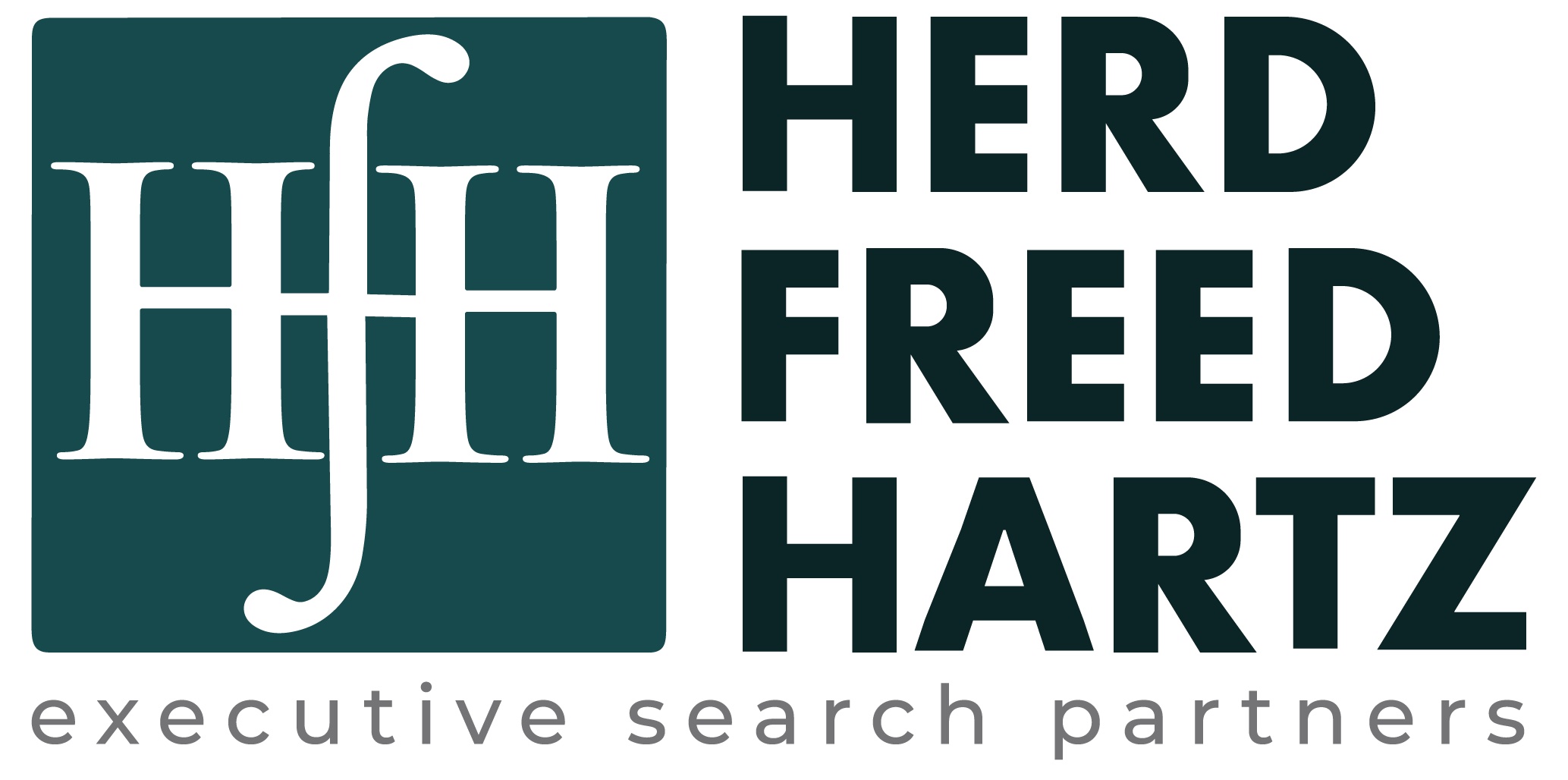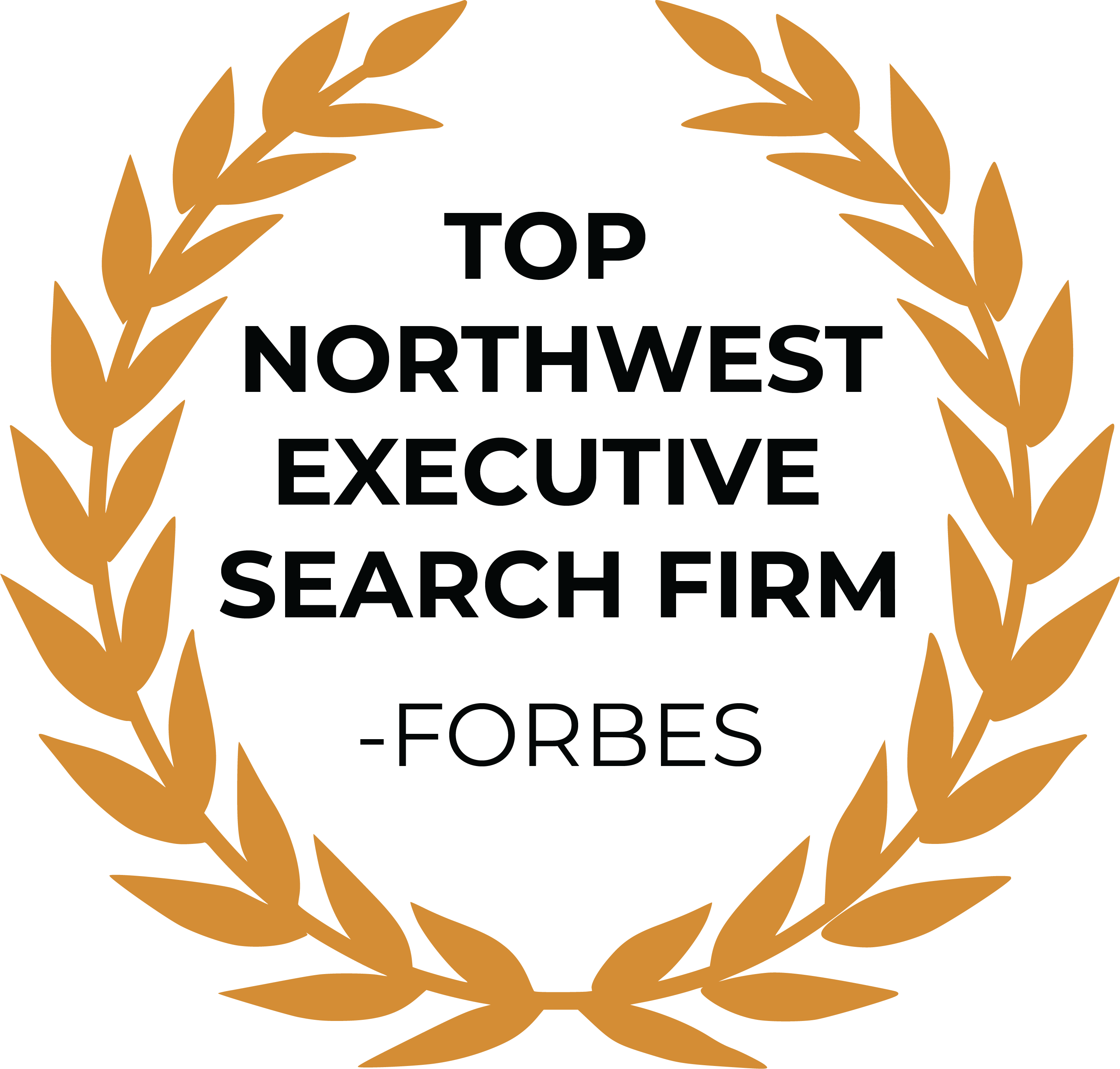Art of Recruiting Storytelling
We love epic stories like Lord of The Rings, Star Wars and The Matrix. They are timeless and epic because they go beyond entertainment. They invite us into a bigger narrative and an important quest. Likewise, I believe the world of recruiting needs better storytellers. For a candidate, it’s the difference between a decent job and an epic opportunity. For a company, it’s the difference between an good applicant and a must-have hire.
What makes epic stories great? Epic stories all have three similar components: The Hero, The Quest, and The Villain.
1) The Hero – A hero will have unique skills or abilities, values we admire, and yet have character flaws to make them relatable and authentic. They will also recruit companions with a mix of skills (like the Avengers) to balance the team.
So in recruiting context, who is “The Hero?” I believe every person and every role is a hero in some way that you recruit. So you are not recruiting people to fill empty seats, you are recruiting heroes!
2) The Quest – The hero needs the setting of an epic quest: A long, difficult journey of great significance. Even with setbacks, the hero strives forward.
So in recruiting, use “The Quest” as people want to be inspired by a bigger vision than just delivering a quality product at a competitive price.Set your company into a bigger battle where you have a team of heroes working together to achieve some epic goal.
3) The Villain –The Villain brings the needed drama of conflict, danger and a worthy foe to be concerned about.
As recruiters, use “The Villain” as your key competitor you want to take out. Or maybe it’s a pain that customers feel today you want to take away or battling the old way of doing things.
Story fails: Three ways companies fall short in telling their story
If good stories are so useful, then why do the majority recruiting stories fall flat? In my 20 years of recruiting experience, I’ve had a front row seat to reading hundreds of job descriptions across a mix of job titles and company sizes. I’ve found I end up rewriting over 90% of them because one of three “story fails” is going on.
Story Fail #1 – Culture cool – In the effort to appeal to young talent and show off a great place to work, the job description ends up being all about culture, buzzwords and links to people playing ping-pong at the office. This comes across to the reader as: “Hey we are culture cool, but you have no idea what the job really is. Interested?”
Story Fail #2 – Kitchen Sink – The descriptions feel like a legal contract listing every possible activity the role might encounter. “Attend team meetings as needed.” “Keep manager updated on projects.” Really? This comes across to the reader as “Here’s a list of 25 soul sucking activities we need done, but not sure why you are doing them. Interested?”
Story Fail #3 – Cut & Paste – This is recycling old descriptions with a new title but for a totally different job, team and mission. When I hear “I’m too busy to fix the job description, I need to get to sourcing” I believe this comes from a belief that a job description is just a hoop to quickly get through so can get to REAL job of recruiting. This ends up comes across to the reader as: “Here’s a Franken-description that has pieces of other old jobs. We are asking you to change your job and life for us, but don’t respect you enough to tell you what the job really is. Interested?”
Ironically, when I have taken that extra hour to make a great job description – it ends up saving me and the interview team 20-40 hours as I get a better response rate and candidates interview better.
6 Practical storytelling tips you can use right away
1) What is your Quest? Hook people on your quest first, and then give role details. So many descriptions just dive first into role details. Write down the best pitch you’d give someone in-person. Proactively add any questions candidates might ask to save time. Talk conversationally about your quest like a human to an audience of one. In reading your description aloud, does it make sense?
2) Tell how the role can be The Hero Focus on Outcomes vs. Activities. Most job descriptions are just full of bullet points list of detailed activities the role will be busy doing, but you are not really sure why. So ask hiring managers what Top 3 outcomes would make them happy in first year. You’ll be surprised at what you hear is not in the current description. But THAT is the job and how someone can be a hero!
3) Deliver more recruiting “WOW”Not everyone is Mad Men creative, so talk with people in Sales and Marketing teams for creative feedback and customer examples. Use video as it has a much higher response rate. Nothing overproduced – iPhone video quality is fine and more authentic. I’ve seen this really work with candidates who say “I watched Dave (the CEO)’s video. He seems great and I want to work for that guy!” Well that just saved me a lot of time. Walk the candidate past a hallway of pictures where you can stop and tell a few quick company stories, customer examples and your values.
My final 3 tips will shift gears a bit, and focus on how we can coach candidates to tell better stories. No one gets hired unless we close both sides of the deal – the candidate AND the hiring manager. That’s why it’s called the art of recruiting! Let’s face it, some candidates are just better interviewers than others, but it doesn’t mean they are better for the job. Common sense to us isn’t common for people who haven’t been interviewing all the time. A little coaching and honest feedback sets up the candidate for success.
4) Resume first impressions matter – My #1 resume coaching tip for candidates is what I call the Top Third Rule. Let me explain: if you took a pair of scissors and cut your resume with only the Top 1/3 left, and then handed it to the hiring manager – they should know what the person wants to do and be compelled to schedule an interview looking only at this section. Why? On average, a resume only gets 6 seconds of review before making a decision. 6 seconds. Recruiters and hiring managers cannot play career counselor, so candidates need to be clear on what they want to do and what makes them qualified in a good “elevator pitch” customized for the job.
5) Prep candidates for Top 2 interview questions. Candidates will always get asked these questions early in the interview process. First question: “What are you looking for?” I am amazed at the rambling answers I often get on this question. Organize and focus the answer to 5 tangible, bullet-point items that track toward the job. Instead reply to this question, “Well, I’m looking for 5 things. First…” This makes the interviewer lean forward with interest, and already like you because you know what you want and can organize your thoughts. Second question: “Why are you interested in us?” Do your research, share specifically why interested and a fit and want the job. The person who often wins the job has done their homework and came across most excited.
6) Facts tell, but stories sell.
Be ready with a few 3-4 sentence “case study” stories from past roles answering: What was the problem, what was your role on the project and the results? Have one ready for each of the three key role outcomes listed, something you are most proud of, and a failure and what you learned from it. This leads to hiring manager feedback such as “Wow – I loved the specific examples she shared solving the exact problems we are facing. If she could do that of us, it would be a big win.”
Be the hero for your company by telling better recruiting stories. Good luck on your quest.
BONUS: Here are a few recent job descriptions as an example of recruiting storytelling in action:
Article by Paul Freed







